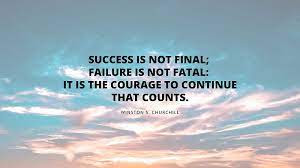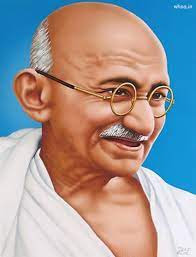Office Environment in India: A Changing Landscape

The office environment in India is changing rapidly. Gone are the days of the traditional cubicle farm, with employees sitting in rows of identical desks, staring at computer screens all day long. Today, offices are more open and collaborative, with employees working in teams and sharing ideas freely. Shift in office culture This shift in office culture is being driven by a number of factors, including the rise of technology, the changing workforce, and the increasing importance of collaboration. Technology has enabled employees to work from anywhere, at any time. This has led to a more flexible workforce, with employees working from home, co-working spaces, and even cafes. The changing workforce is also playing a role in the evolution of the office environment. Today's workforce is more diverse than ever before, with employees from all walks of life and with different backgrounds and experiences. This diversity requires a more inclusive and welcoming office environment. Fin...




